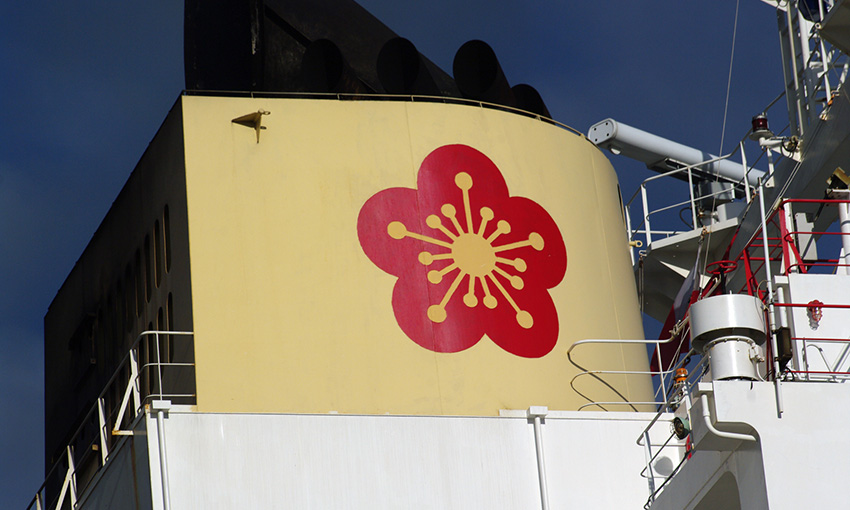ORIENT Overseas International has reported a decrease in revenue and profit in its interim results for the first half of 2023.
The parent company of ocean carrier OOCL posted a revenue decrease of 59%, from US$11.1 billion in the first half of 2022 to US$4.5 billion in the first half of this this year.
Profit (attributable to equity holders) fell 80% over the same reporting period, from US$5.7 billion last year to US$1.1 billion in 2023.
OOCL’s total liner liftings for the first half of 2023 reduced by 1% compared with the same period in 2022, and total revenue decreased by 60%, resulting in a 60% decrease in revenue per TEU.
The company said inventory levels had risen in a number of importing economies, causing importers in Australia and the US to take a more cautious approach in ordering new goods, which reduced demand for container shipping.
OOIL in a statement said the “extraordinary” market conditions of recent years had, as expected, come to an end.
“The long, steady decline in freight rates, which began around the middle of last year, continued during the first half of 2023,” the company said.
“The fall from the great heights of 2020-22 has certainly been spectacular in terms of both absolute dollar value and in terms of percentage, but this is simply a reflection of just how high the freight market had risen.”
OOIL said the OOCL Logistics business had seen some success in the first half of 2023 despite the increased “consumer caution” and slowing demand for products. OOIL was also satisfied with the growth of its domestic business.
“Our ocean freight business revenue has returned to normal level of previous years while increases were noted in handling volume in TEU,” it said.
Looking forward, the company said it “must be clear” that challenges are ahead, and that the conflicting positive and negative signals that had made forecasting difficult in the past 12 to 14 months remain in place.
“Certainly, the market is very far from being in disaster territory, and of course there are some indications that demand is improving and that shipping companies are behaving rationally in the face of fluctuating demand – all of this is reassuring.
“However, undeniably, there are risks associated with the impact of inflation and higher interest rates on consumer spending, and from the unclear economic outlook.
“There is also the uncertainty of not knowing exactly what the net fleet growth, in terms of effective capacity, will be in the coming months and years. No one can predict with accuracy the extent to which, in any given period, capacity from new deliveries will outpace the loss of capacity driven by scrapping and speed reductions, whether for CII/EEXI compliance or simply for cost reasons.”





